The Storied History and Enduring Legacy of Columbia University
Columbia University is one of the most prestigious and influential universities in the world. As an Ivy League institution, it has played a central role in American higher education and research for nearly three centuries.The Storied History and Enduring Legacy of Columbia University
From its founding in 1754 to the present day, Columbia has produced countless distinguished alumni who have gone on to shape the course of history,
science, politics, the arts, and countless other realms.
Located in the heart of New York City, Columbia’s campus has evolved over the centuries while retaining its unique character and sense of tradition.
The university’s incredible resources, world-class faculty,
and diverse student body have made it a hub of innovation, discovery, and global engagement. Columbia’s impact extends far beyond the confines of its campus, with alumni, research, and programs that have transformed the world.
The Founding and Early History of Columbia
Columbia University traces its origins back to 1754, when it was founded as King’s College by royal charter of King George II of England.
It was one of the nine colonial colleges established before the American Revolution,
and the only Ivy League institution founded under royal decree. The college’s original campus was located in lower Manhattan, not far from the current location.
In its early years, King’s College struggled to gain a foothold and was nearly closed down due to lack of funding and student enrollment. However, the college persevered and began to establish itself as an important institution of higher learning in the American colonies. During the Revolutionary War, the college was forced to close its doors,
as its president was a loyalist to the British crown.
After the war, the college reopened in 1784 under a new name – Columbia College – and with a new focus on promoting the values of the young American republic.
Over the next century, Columbia grew and evolved, establishing new schools,
departments, and programs that expanded its academic breadth and research capabilities. In 1896, the institution was officially renamed Columbia University in recognition of its status as a leading American university.
The Rise of Columbia as a Global Leader in Research and Education
Throughout the 19th and 20th centuries, Columbia University cemented its reputation as one of the most prestigious and influential universities in the United States and the world. It attracted top scholars, scientists, and thinkers, who made groundbreaking discoveries and innovations across a wide range of fields.
The university’s location in New York City proved to be a major asset,
allowing it to tap into the tremendous intellectual, cultural, and economic resources of the city.
Columbia forged close ties with the city’s businesses, cultural institutions, and civic organizations, becoming deeply integrated into the fabric of New York.
During the 20th century, Columbia made enormous contributions to the advancement of knowledge and the betterment of society. Its faculty and alumni played pivotal roles in the development of the theory of relativity, the Manhattan Project,
the founding of the United Nations, and countless other historic breakthroughs.
The university’s schools of law, business, engineering, journalism, and the arts all rose to become global leaders in their respective fields.
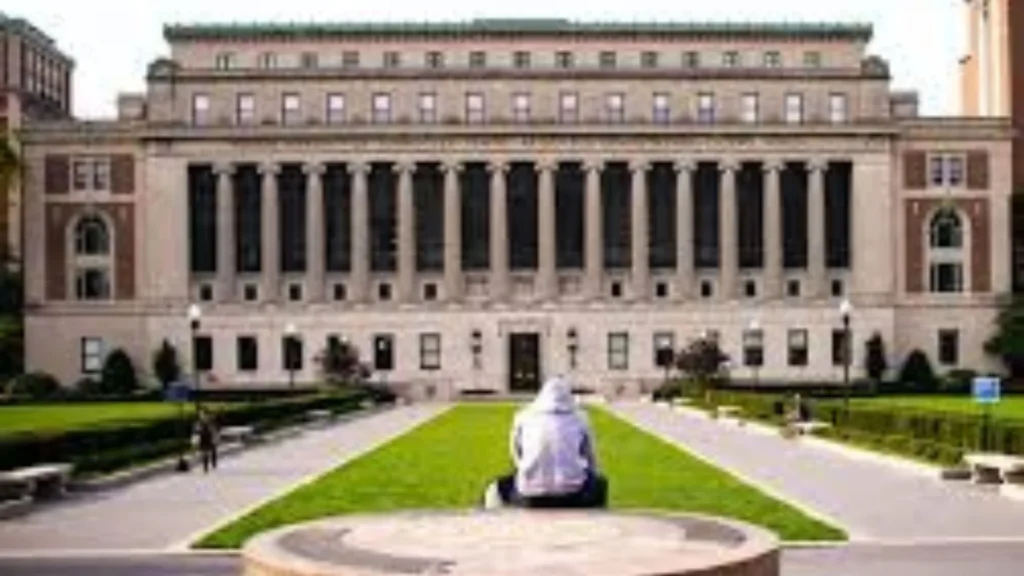
Columbia Today: A Thriving, Diverse, and Globally Engaged University
Today, Columbia University stands as one of the most prestigious and influential universities in the world. Its picturesque Morningside Heights campus is home to over 30,000 students from more than 150 countries,
as well as a world-class faculty of leading scholars, scientists, and researchers.
The university is organized into 20 schools and affiliated institutions, covering an incredibly diverse range of academic disciplines. These include the renowned Columbia College, the Fu Foundation School of Engineering and Applied Science, the Mailman School of Public Health,
and the prestigious graduate schools of business, law, journalism, and the arts, among many others.The Storied History and Enduring Legacy of Columbia University
Columbia’s research enterprise is equally expansive, with faculty and students making groundbreaking discoveries and innovations across a wide spectrum of fields.
The university’s research budget exceeds $1 billion annually, and its laboratories,
institutes, and centers attract top talent from around the world.
Beyond its academic and research prowess, Columbia is deeply engaged with its local and global communities. The university’s numerous outreach and service-learning programs connect students, faculty,
and staff with underserved populations in New York City and around the world. Columbia also hosts a vibrant array of cultural events, public lectures,
and community initiatives that enrich the lives of its students and the broader public.
The Enduring Legacy of Columbia University
Over the course of its nearly 270-year history, Columbia University has left an indelible mark on the world. Its alumni have gone on to shape the course of history, science, the arts, and countless other realms. From US presidents and Supreme Court justices to Nobel laureates and acclaimed artists,
the list of distinguished Columbia graduates is truly staggering.
The university’s research and innovation have also had a profound impact, driving progress in fields as diverse as physics, computer science, public health, and the humanities.
Columbia faculty and researchers have made seminal contributions to our understanding of the natural world, the human condition, and the great challenges facing humanity.
Perhaps most importantly, Columbia has remained steadfast in its commitment to the values of academic freedom, intellectual curiosity,
and public service that have defined it since its founding. The Storied History and Enduring Legacy of Columbia University
The university continues to attract the world’s brightest minds and empower them to push the boundaries of knowledge and make a positive difference in the world.
As Columbia University looks to the future, it does so with a deep sense of tradition,
a steadfast dedication to excellence, and a bold vision for the role it will play in shaping the decades and centuries to come.
Its legacy as one of the world’s great institutions of higher learning is secure,
and its impact will undoubtedly continue to reverberate across the globe.
Conclusion
Columbia University’s storied history, global influence,
and enduring legacy as one of the world’s premier institutions of higher education are truly remarkable.
From its founding over 250 years ago to the present day,
the university has played a central role in shaping the course of history, science, the arts, and countless other realms.
Through its world-class faculty, diverse student body, groundbreaking research, and deep engagement with local and global communities,
Columbia has cemented its status as a global leader in higher education.
Its alumni have gone on to become presidents, Supreme Court justices,
Nobel laureates, acclaimed artists, and pioneers in countless other fields.
As Columbia looks to the future, it does so with a profound sense of tradition, a steadfast commitment to academic excellence, and a bold vision for the role it will play in addressing the great challenges facing humanity.
Its legacy as one of the world’s preeminent universities is secure,
and its impact will undoubtedly continue to reverberate across the globe for generations to come.The Storied History and Enduring Legacy of Columbia University


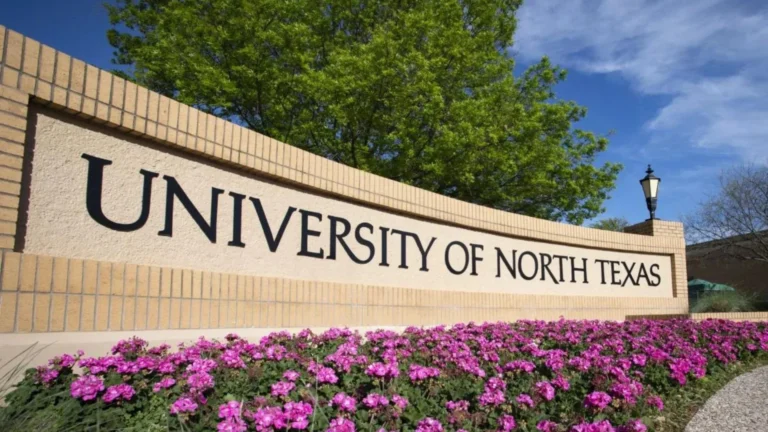


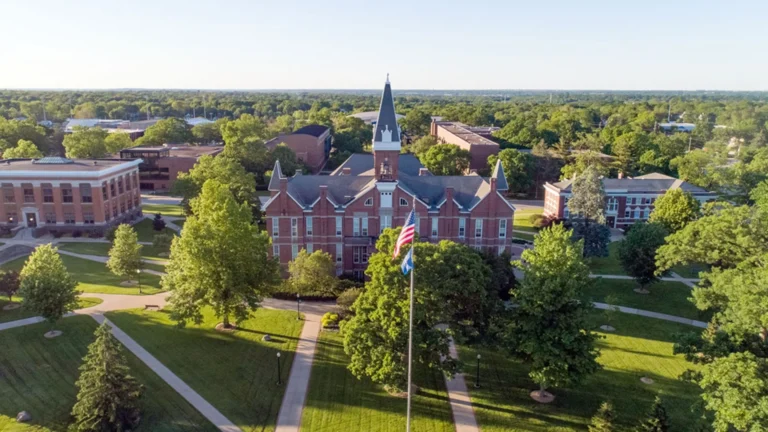
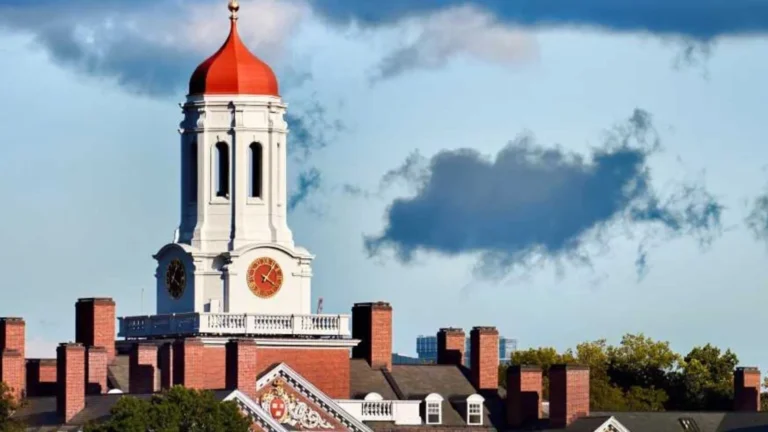
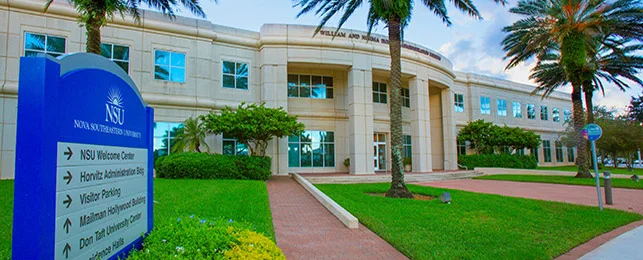
Thanks for sharing. I read many of your blog posts, cool, your blog is very good.
I don’t think the title of your article matches the content lol. Just kidding, mainly because I had some doubts after reading the article.
Thank you for your sharing. I am worried that I lack creative ideas. It is your article that makes me full of hope. Thank you. But, I have a question, can you help me?